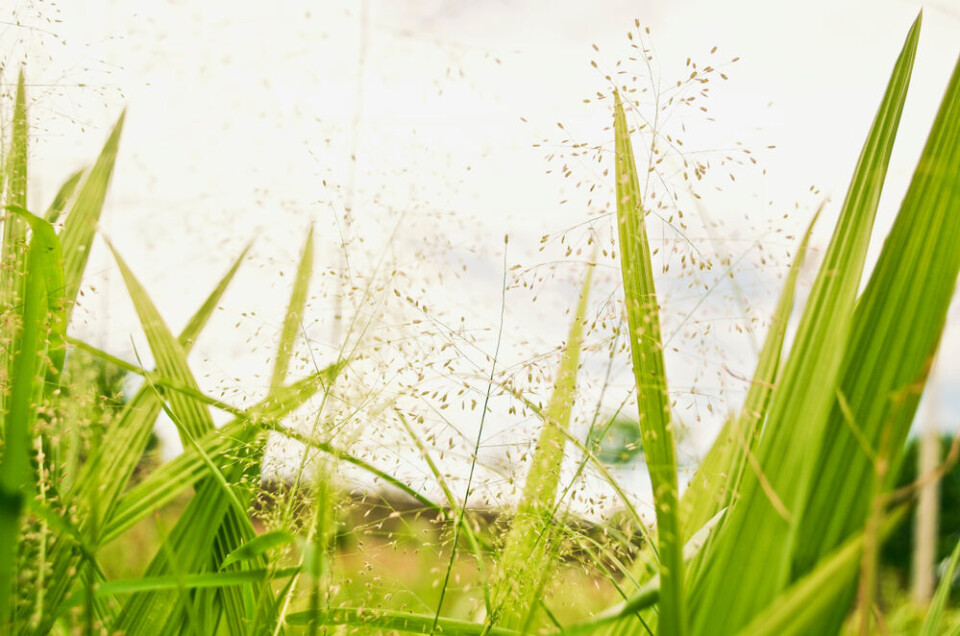-
French farmer protests: union calls for ‘mass restart’ of action
January 7 is highlighted as day for key action - other unions are yet to commit
-
UK-France trains back after long night of delays to Eurostar and Le Shuttle
Power outage in the Channel Tunnel stopped all services for several hours
-
France’s proposed voluntary national service: military revival or costly misstep?
Concerns have emerged over scheme's potential overlap with the recently abandoned Service national universel
93 French departments on red alert for pollen risk, to last weeks
There has been an increase in grass pollen linked to record-breaking temperatures this month

Ninety-three of the 96 French metropolitan departments are on red alert for a risk of grass pollen this Saturday (May 28), the Réseau national de surveillance aérobiologique (RNSA) states.
Only Alpes-Maritimes and Var in the southeast of the country and Landes in the southwest are on yellow alert.
RNSA updates its graphs, which are previsions, on a daily basis.
Since May 20 around 90 departments or more have been on red alert.
The alert is specifically related to grass pollen (pollen de graminées). This comes from the grassy plants that are often dotted along the sides of roads or in fields and which usually begin to bloom around the beginning of May.
“This pollen causes a lot of issues for allergy sufferers and the levels of it in the air has increased over the past few days,” Samuel Monnier, head of RNSA’s communication department said.
The high risk levels from this pollen are set to last for several more weeks due to “weather conditions favourable to spreading it”, RNSA has stated.
This is because of various factors including winds, record-breaking temperatures in May and a lack of rain.
Read more: Almost everywhere in France set to be hit by drought this summer
Read more: Temperatures to climb once again in France, breaking seasonal records
In recent years, the period where people with allergies are affected has been getting longer.
“The notable climate changes observed in recent years, especially with milder winters, have an influence on plants’ blooming period, which is coming earlier and lasting longer,'' Professor Catherine Quéquet, an allergy specialist, told La Dépêche.
She added that pollution, for example from burning diesel, intensifies people’s allergic reaction to pollen.
Around 20-30% of people in France have allergies today, compared to around just 3% in the 1970s. This could rise to 50% of the population by 2050, the World Health Organization has predicted.
What can people do to relieve allergies?
Anyone with allergies can see a doctor in France, who can prescribe antihistamines when necessary.
Read more: How can I find an English-speaking GP near me in France?
For people with milder but still irritating allergies, the RNSA gives the following advice:
-
Wash your hair in the evening (rather than in the morning)
-
Aerate your house / flat for at least 10 minutes per day, preferably before sunrise or after sunset
-
Avoid activities that could aggravate symptoms, such as DIY that creates dust, smoking, lighting incense sticks or candles
-
Avoid outdoor activities that could put you in contact with pollen, such as mowing the grass, doing sports. Try to go out in the evenings and wear a mask or glasses if you can
-
Try to avoid drying laundry outside (if possible)
-
Drive with windows closed (if possible)
Related stories
Plan against allergenic ragweed launched in south of France
Allergies in France: Do anti-Covid masks protect against pollen?
























